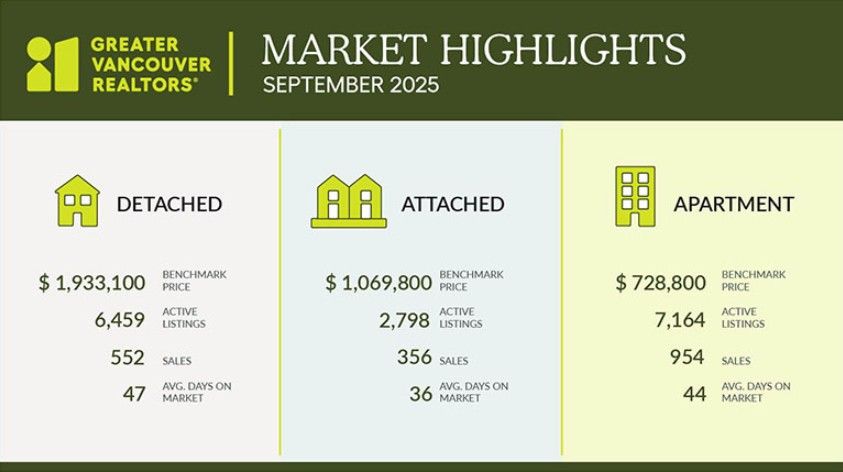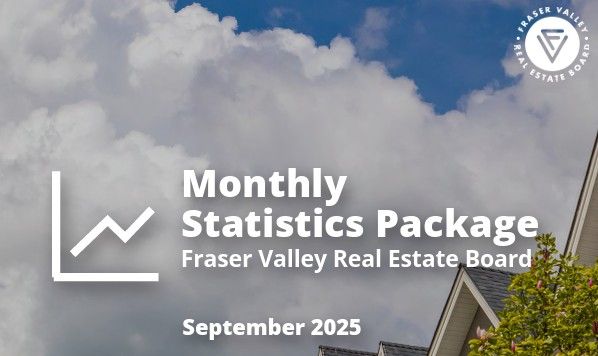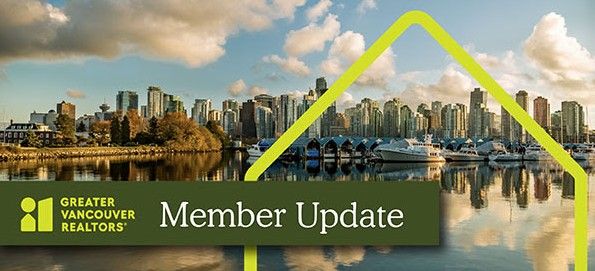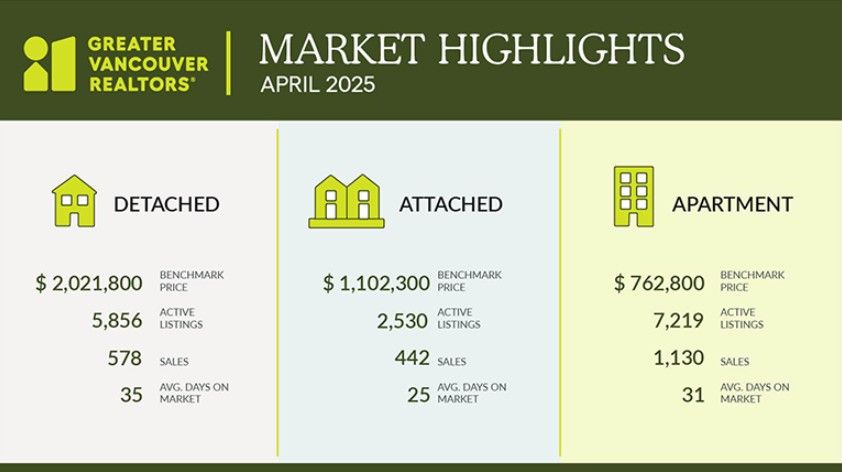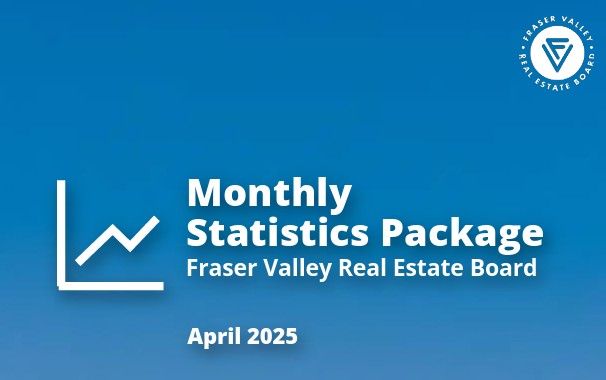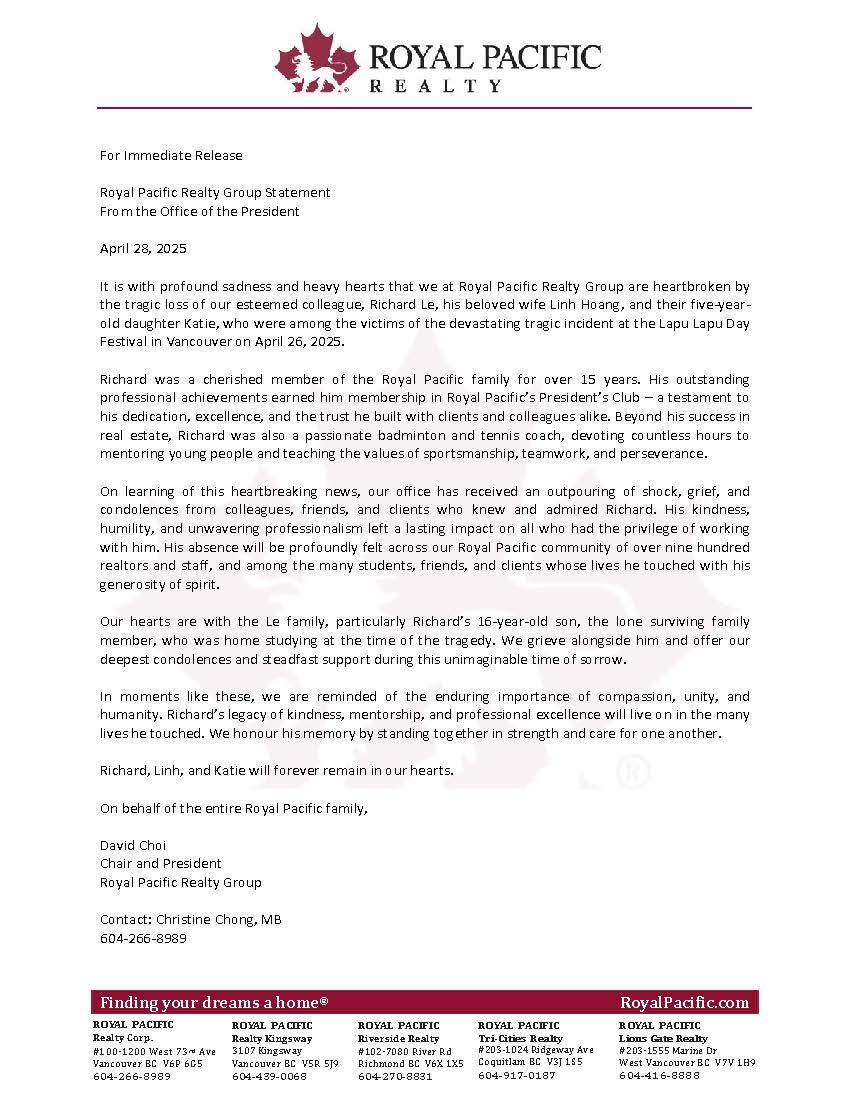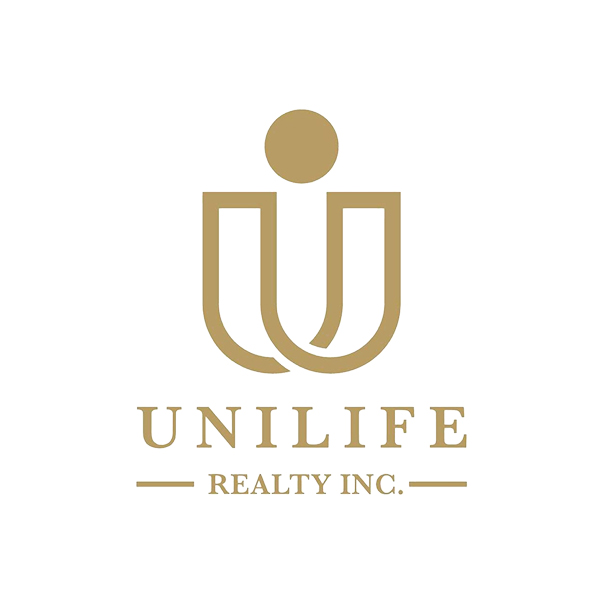The new Property Disclosure Statement (PDS) and Property No-Disclosure Statement (PNDS) represent a fundamental change to the day-to-day practice of residential real estate disclosure in British Columbia. The new disclosure forms, released by BCREA in response to the BC Court of Appeal decision in Sewell v. Abadian,1 recognize the change in the approach of the court. This article reviews the recent changes and the new forms. It also discusses ways to educate buyers and sellers of residential real estate on the use of disclosure forms.
In many real estate boards and associations across the province, the PDS is a mandatory inclusion in a brokerage’s file; however, before now, the seller was not legally required to complete a PDS. This led to a practice within the sector of submitting a crossed-out PDS or a PDS with some form of general disclaimer statement (e.g., “as-is” or “tenanted property, seller did not occupy”) where a seller wished to provide no disclosure.
This approach was supported by the court in Smith v. Reder and Carleton,2 where the seller had written “AS-IS” on the PDS. The Court applied the ordinary rule of caveat emptor or buyer beware, finding that the buyer was responsible for doing her own due diligence in that situation, and there was no further duty on the seller to disclose.
This approach began to change in other Canadian jurisdictions, finding that “…where there is no PDS prepared, a prudent purchaser would be expected to contract for a more thorough home inspection if the buyer wished to avoid future costly surprises. Where a PDS has been prepared, however, the buyer should be able to rely on the truthfulness and accuracy of the representations in the PDS in deciding the extent to which a contractor will be instructed to conduct a home inspection.”3
Where sellers completed the PDS (or similar disclosure documents) in other Canadian jurisdictions, those sellers were required to provide disclosure that was honest and complete. This requirement has always applied in British Columbia as well; however, recent case law, including Smith4 and Sewell,5 has emphasized a broader duty of forthrightness in disclosure.6
In Sewell v. Abadian,7 the BC Supreme Court, following historical precedent, initially found in favour of the seller who had struck a line through the PDS and wrote in the comments, “Tenanted Property, Owner has never occupied.” The Court denied the recovery of a deposit to the buyer who claimed the seller had misrepresented an unpermitted addition.
The buyer appealed, and despite the seller’s apparent intent not to make any representations, the BC Court of Appeal interpreted the strike-out form differently.8 The court held that it constituted a representation that the seller had no knowledge regarding the items in the form, and that if the seller did, in fact, possess any such knowledge, this would amount to a misrepresentation by the seller.
The key points of the BC Court of Appeal regarding the completion of the PDS in this case are as follows:
the seller knew the importance of filling out a disclosure statement accurately;
the seller knew that a disclosure statement he had received from a prior owner of the property disclosed the unpermitted addition;
the seller had a choice of not providing a disclosure statement and saying nothing, but instead chose to provide one and to agree that it would be incorporated into the contract;
the disclosure form specifically stated that the seller was responsible for the accuracy of the answers, and where uncertain, should reply "do not know";
the disclosure statement also stated that the information provided was true, based on the seller's current actual knowledge, and that any important changes to this information made known to the seller would be disclosed prior to closing; and
the additional comments, "tenanted property" and "owner has never occupied," were not responsive to the questions on the form asking for information about the property.
The Court of Appeal made it clear that the sector practice of crossing out a PDS with a disclaimer statement was problematic, and this practice did not eliminate the risk of confusion and misrepresentation.
Another interesting observation of the Court of Appeal’s findings in Sewell v. Abadian9 is that the contract’s instruction page appeared to influence how a court interpreted the rights and responsibilities of a party to that contract, in the absence of contractual terms to the contrary.
In response to the change in law, BCREA has released a revised PDS and PNDS to assist sellers in making timely and accurate disclosure.
Use of the Property Disclosure Statement
REALTORS® should encourage forthright and honest disclosure by sellers, as this is the best way to mitigate risks for all parties. Additionally, they should provide the PDS to their sellers to complete and then review the completed form with them. REALTORS® are strongly cautioned to refrain from completing the PDS for clients or making selections for electronic signature on a PDS form in advance of written client instructions.
When providing the PDS to sellers for completion, the following key points should be communicated clearly to the client:
the completion of a PDS is optional, but disclosure does assist the transaction process;
in the event you choose to complete the PDS, please fill it out completely, honestly, and be fully transparent based on your current knowledge;
the PDS will likely be incorporated into the contract and relied upon by the buyer even if the buyer does their own inspection;
a misrepresentation (including a partial, incomplete or non-response) may result in liability;
where there are changes to the property that affect the information in the disclosure, please let your REALTOR® know, as they may need to update the PDS; and
if the client is worried about the legal risks of disclosure or no-disclosure, they should seek legal advice prior to entering into any Contract of Purchase and Sale (CPS).
REALTORS® acting for sellers should review the completed PDS form with their client after they have viewed the property, obtained the city file from the relevant municipality (which may include permits, building plans and any recorded bylaw infractions held by the local government authority), and reviewed an initial title search. The REALTOR® should ask whether the representations made by the seller match their understanding of the property based on the REALTOR®’s own initial due diligence.
Where a potential misrepresentation has been identified (e.g., the seller says “no” to 3Q Unauthorized Accommodation, but the REALTOR® is aware there is an unpermitted suite from the city file), then the REALTOR® needs to make further inquiries, seek the advice of their managing broker, and ultimately bring the issue to the attention of their client. If the client’s non-disclosure relates to a material latent defect, REALTORS® must advise the seller that they are obligated under Section 59 of the Real Estate Services Rules10 to disclose the defect to the buyer or the buyer’s agent. If the seller refuses to permit this disclosure, the REALTOR® must decline to provide trading services and cease acting for the client.
Use of the Property No-Disclosure Statement
The PNDS is a very simple disclosure consisting of only two concise statements:
“In lieu of a detailed Property Disclosure Statement, the Seller is not making any representations or warranties about the Property. The Seller is aware of their obligation to disclose any known latent defects.”
The approach is clearly a response to the court expanding the parties’ obligations to the form instructions and is meant to clearly elect to make “no disclosure.”
There will be situations where sellers may choose not to complete a PDS, including estate sales, tenant properties under third-party management, or foreclosures.
When providing the PNDS to sellers for completion, the following key points should be communicated clearly to the client:
Completion of a PNDS may make some buyers suspicious of potential issues. While this may delay or hinder a transaction, it will also alert the buyer to undertake their own due diligence process.
Completion of a PNDS does not excuse you from disclosing any latent defects with respect to the property, meaning any defect that is not discoverable by reasonable inspection and renders the property dangerous or uninhabitable. In addition, your REALTOR® is required to further disclose all material latent defects. This is a broader definition and includes defects which render the property dangerous, uninhabitable, unfit for its purpose, or where there is a bylaw or other notice of non-compliance or a lack of permits. For more information, see the BC Financial Services Authority information page on Material Latent Defects.11
Failure to lawfully disclose carries legal risk. If the client is worried about the legal risks of disclosure or non-disclosure, they should seek legal advice prior to entering into any CPS.
A final takeaway that cannot be overlooked from the court’s decision in Sewell v. Abadian12 is the weight placed on the instructions attached to the PDS. It can be expected that courts will continue to look to the form instructions when interpreting not only the PDS but also the other forms used by REALTORS®. A prudent REALTOR® will ensure that these instructions from the CPS, PDS, and other forms are reviewed with clients as part of their client education process, and such conversations are recorded in their file as part of their record-keeping process.

